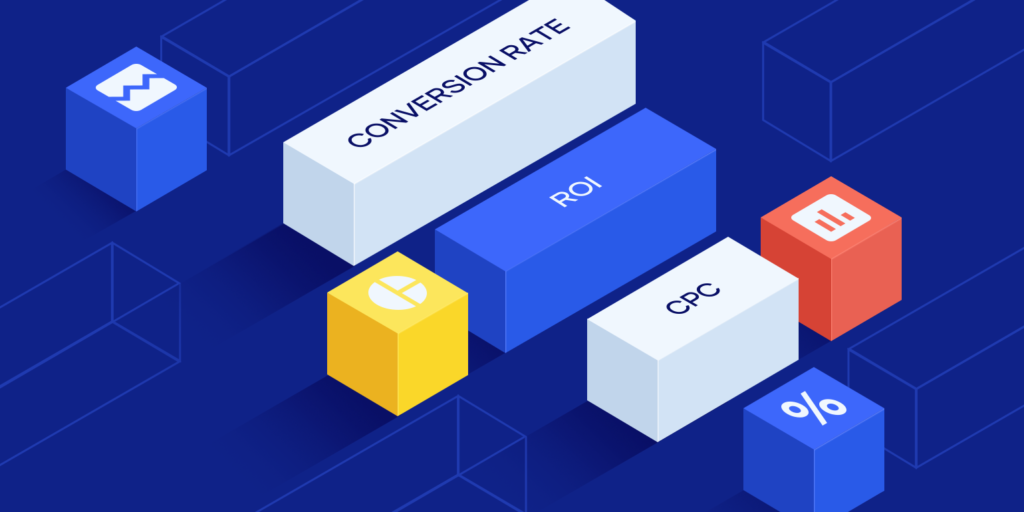Local SEO is the real deal in every top-notch search engine optimization practice. As it stands presently, your experience and success stories in local SEO will determine whether businesses will hire you to handle their SEO campaign or not.
As a startup SEO agency, vast knowledge of local SEO can be your opportunity to become the most sought-after in the industry. It can also connect you to local clients and build a long-term business partner that profits both parties.
Many highly rated businesses today are leveraging the efficiencies of local seo to drive more local patronage. In this age that people ask Google for anything they want can get around them at the moment, no business would want to miss your on local SEO.
Any SEO agency that doesn’t know to launch a successful local SEO campaign is ‘competent.’ So, if you want to make it big even as a startup SEO agency, you need to be a pro in running local SEO campaigns.
What Is Local SEO Auditing?
Meanwhile, launching a local SEO is not as crucial as auditing it. When you conduct a local SEO audit, you give your clients peace of mind that their business is in good hands. During the audit, you will identify all the irregularities in the campaign and rectify every issue that might give your client’s competitors an advantage to perform better in local search results.

However, local SEO auditing can be very challenging, especially if you are doing it for the first time. You need to consider a lot of stakes and factors to get the best results. For instance, you will need to take a systematic step-by-step approach to turn seemingly tedious work into a simple task.
Note that you will have to regularly perform a local SEO audit since the local SEO algorithm changes frequently.
Why you need to perform a local SEO audit
A local SEO audit is a detailed examination of everything that constitutes a local search strategy and pack ranking. That’s how you know if your client’s website is performing according to expectations or still needs to mush ups to look good. SEO audit will also help you to know on time if there have been some early warning signs that require a quick response.
Local SEO will also help you to figure out why the website has gone down suddenly on rankings or has disappeared on search results pages.
You need to see a local SEO audit as a methodological health check as an SEO agency. It enables you to identify areas requiring specific attention without jumping to conclusions based on assumptions. Local SEO audit erases all guesswork, preventing you from spending money unnecessarily on what doesn’t count.
And. it is a sole duty of an SEO agency because if anything goes wrong in the process, it may pose some damage to a website’s visibility and consequently affect the business.
What are the core areas to consider during a local SEO audit?
A thorough local SEO audit must concentrate on the following areas:
- Proximity: The distance (far or near) of the search user from the business.
- Prominence: How much does the website pop up online? Does it have enough inbound links, reviews, article mentions, citations, etc.?
- Relevance: How much is the business relevant to what users search?
Other areas you must check when performing a local SEO audit include:
- Rankings
- Local keyword research
- Links and website authority
- Google reviews
- Citations
- Google business profile
- Brand mentions
- Social media
- Reviews and ratings

How to Perform a Thorough Local SEO Audit
1. Look out for Google penalties
When Google penalizes the website you are working on, you have a crucial issue at hand. Indeed, a Google penalty can severely affect your SEO hero performance, limiting the website on the search rankings.
Generally, when you find out the website has dropped in ranking, it could mostly mean that you have been penalized for irregularity or the other. Common reasons why Google may penalize your website include:
- Poor quality content
- User0generated spam
- Unauthorized mobile redirects
- Unnatural link structure (to or from your website)
If Google has penalized the website, you will receive a notification in Google Search Console for confirmation. The notification will contain the details of your incorrect practice that led to the penalty. Then, you respond to the notification by fixing the problem at once.
2. Conduct thorough local SEO research
The search terms used when searching for local businesses pops up frequently. Hence, you must perform keyword research regularly to keep up with the trend. You may use the Google Keyword Planner tool to discover relevant keywords that suit your client’s business. Also, the Google tool will provide some insights into significant search volume. You can open a Google Ads account for better productivity.
3. Check the local SEO rankings
An experienced SEO agency must check where a website ranks for the target keywords. You will have to perform detailed searches from specific locations successfully. You can also use a rank tracker tool to automate the process.
4. Audit the links and website authority
When conducting a local SEO analysis, you must be mindful of the quantity and quality of the links to and from your website. It is an essential local SEO ranking factor.
During this process, you will have to:
- Research the number of inbound links on your website
- Decide whether the links come from an authoritative domain and check if they are relevant to the business location.
- Assess anchor text for relevant keywords
- Identify the opportunities for organic link building
5. Audit citations
Google confirms what it knows about a business through local citations and uses it to increase prominence and relevance. Watch out for duplicate or inaccurate listings, as they can damage local search visibility and push local customers away.
We advise you to check the top citation website for the business and verify all data are accurate. If you discover any irregularity in the process, fix it immediately.
6. Audit the Google business profile
Google Business Profile is a tool that provides Google and the local customers with several helpful information about the business. When auditing, make sure you update all the necessary information on the business profile to increase your chance of increasing your local search presence.
7. Check the reviews and rating
Customers need assurance from a business before putting their money on the line. Whether they want to purchase products or services, they want to hear what previous customers say. Hence, it is essential to audit the reviews and ratings on the website to attract more customers and win traffic.
Check if there are recurring negative reviews. Note what the problems are and make sure you address the issues for better consumer satisfaction.
In Conclusion
Proper local SEO auditing is your core practice as an SEO agency. If you can master your craft, your firm will attract more prominence and relevance in the SEO industry. This guide will help you conduct your first local SEO like a pro as a newbie in the industry. You will learn more about local SEO auditing as you gain experience in the field.
